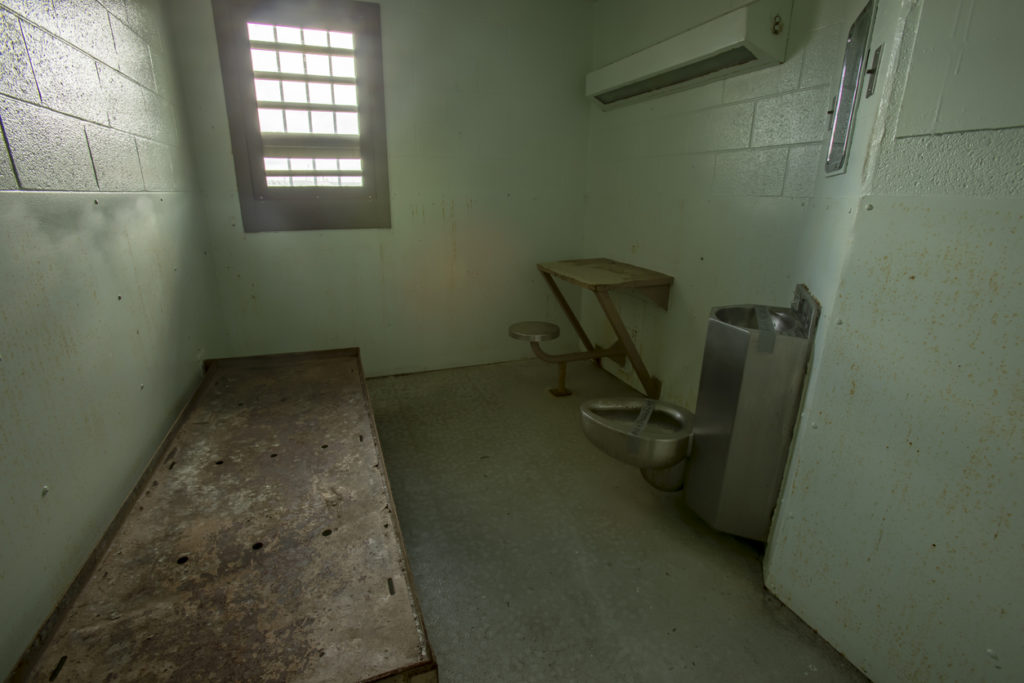
The Nueces County Sheriff’s Office, in Corpus Christi, Texas, filed a report with the Attorney General of Texas regarding the death of Eddie Garcia. Mr. Garcia was only 29 years old at the time of his death. We provide in this post information we obtained from that report, and we make no allegation of any wrongdoing against anyone regarding Mr. Garcia’s death after being in the Nueces County jail.
Apparently, the Nueces County Sheriff’s Office was not careful when filing a report regarding Mr. Garcia’s death. The report indicates that Mr. Garcia was initially in custody and/or involved in the incident leading to his death on June 10, 2021 at 1:19 a.m. The report also indicates that Mr. Garcia passed away at 7:16 p.m. on June 12, 2021. However, the summary portion of the report indicates that Mr. Garcia was not discovered until June 18, 2021 – 6 days after his supposed June 12, 2021 death. The summary portion of the report reads in its entirety:
“On June 18, 2021 at 18:20 hours, Correctional Officer Stephen Williams discovered inmate Eddie Garcia (housed in Cell 28 of Unit DSC at the McKinzie Jail Annex) to be kneeling under a shelf with something tied around the shelf and around Garcia’s neck. Officer Williams opened the cell door and called out to Garcia and received no response. Officer Williams called a Signal 35H (Inmate Hanging) over the radio for emergency assistance. Officer Williams lifted Garcia’s body to support its weight and removed the linen from the shelf to place him on the floor. the linen was removed from Garcia’s neck and no pulse could be located. Sgt. Wesley Perez, who responded, called 911 for EMS. Nurse H. Schober arrived on scene and began life saving measures (CPR and AED). At 18:30 hours, Corpus Christi Fire Department paramedics arrived in the unit. At 18:40 hours, EMS staff departed with inmate Garcia to Christus Spohn Hospital Shoreline. At 19:16 hours, inmate Garcia was pronounced deceased at the hospital At 18:33 hours, Captain Patrick Whitmore (on-call Jail Captain) and Capt. Roberto Garza (CID) were notified of the death in custody. Shortly thereafter, Capt. Whitmore, CID Sgt. Timothy Revis arrived at the McKinzie Annex. Texas Rangers, Rodney Henderson and Steve West, also arrived to begin their investigation.”
Aside from the obvious errors regarding dates and times, the custodial death report did not contain any information in the fields in response to the following: death code; manner of death description; custody code; code of charges; intoxicated; and medical treatment description. The report did indicate that Mr. Garcia allegedly did not make any suicidal statements, did not exhibit any mental health problems, and did not exhibit any medical problems.
The report does not indicate anything regarding whether Mr. Garcia was appropriately observed in accordance with Texas Commission on Jail Standards requirements. Certain observations must occur, at certain time intervals, depending on the status of a particular pretrial detainee. Our Texas civil rights law firm sees far too many situations in which jails fail to comply with minimum standards. If inmates are not properly observed, then serious injury and/or death may occur.
Further, we continue to see far too many suicides in Texas jails. Our law firm has litigated and is litigating a number of suicide cases. If jailers know that a person has significant mental health issues, and/or is clear about an intent to harm himself or herself, jailers must continuously observe that inmate. It takes just a few minutes for a person to commit suicide, and inmates typically do so through use of a ligature. Therefore, aside from just observation, jailers must assure that inmates do not have in their cells things with which they can commit suicide.
The right of a person to be protected from himself or herself, while incarcerated in a jail, is guaranteed by the 14th Amendment to the United States Constitution. A federal statute allows certain family members to sue if an inmate dies as a result of deliberate indifference or unreasonableness on behalf of jailers and others. Further, the same statute allows potential claims if a policy, practice, and/or custom of a Texas city, town, and or jail leads to a death in such circumstances.





